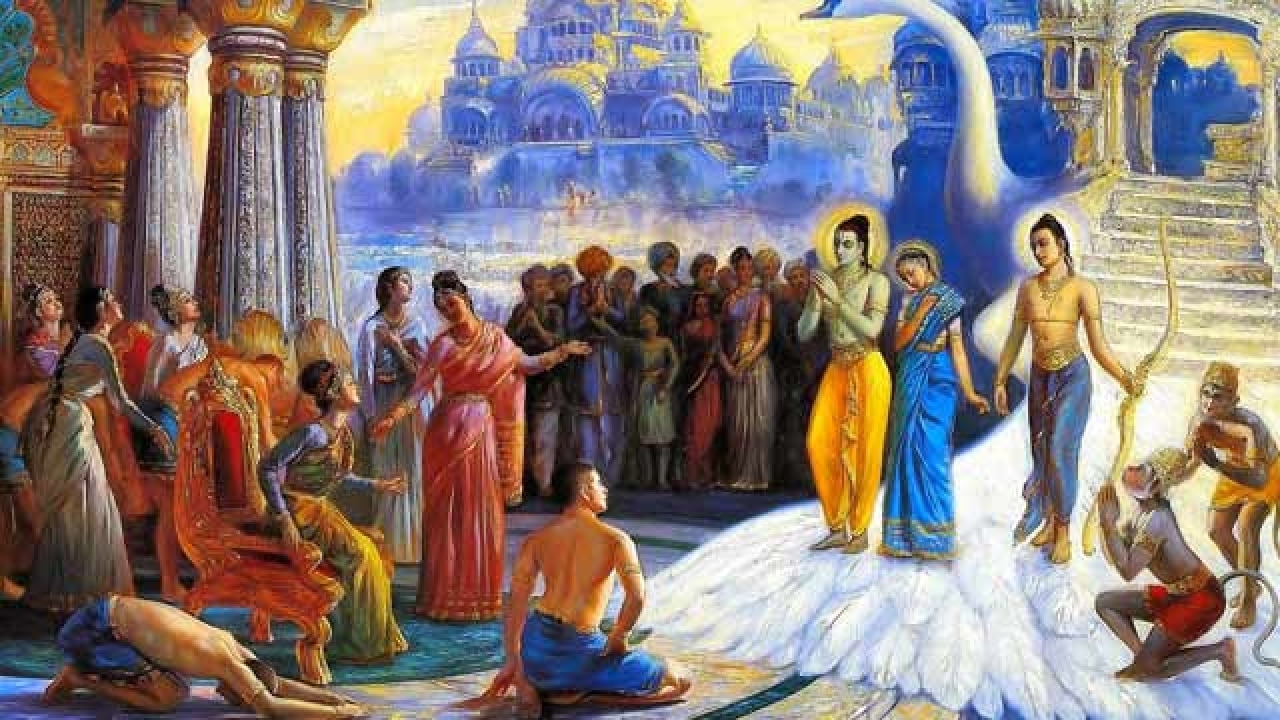
No doubt about it: Indians are mythmakers and ancestor worshippers. Listen to my old friend describing his grandfather’s grandfather: “He went to the banks of the Godavari before dawn, bathed in ice-cold water, and sat on the bank reciting the Vedas. He was a Ghanapathi, which means an expert in the special “ghana” style of chanting.” My friend went on to describe just how this Ghanapathi ancestor went to royal courts, defeated every competitor in philosophical disputes, was honoured with gold todas, navaratna rings, cows, land, and tax exemption for the crops grown there.
But guess what, he didn’t know this illustrious ancestor’s name! Nor his date of birth. But to my friend, every word was gospel truth. He would not even concede that oral transmission through the generations could have embroidered the tale. Similarly, I have noticed that names and dates get misty in the fascinating accounts of their ancestors’ seafaring and land-crossing activities among the business clan of the Tamil Chettiars. It is difficult to sift fact from fabrication in the welter of anecdotal details.
Nowhere can you find more loyal ancestor worship than in the musical gharanas of north India. Minute details are trotted out with full blown pride. ‘“I belong to the twentieth generation of musicians in my family,” the young singer says without batting an eyelid. Another discloses, “My ancestors were horse traders who came from Kabul and Khandahar bringing a stringed instrument which became the sarod.” Somebody else says, “My great grand uncle sat at the feet of Swami Haridas and saw the deer running in from the forest to hear him sing Raag Todi.”
But ask these raconteurs for a family tree with dates, names and historical facts and you draw a blank. They react uncannily like the Ayodhya temple priest in Anand Patwardhan’s documentary who shows the “exact spot” where Lord Ram was born but laughs in scorn when asked to say just “when” Ram was born. Ram and history? Blasphemy!
Ours is a land of fables. Naturally, our sense of history is smudged by our love of mythmaking. My family knows that my husband’s great grandfather PR Sundaram Iyer, a high court judge in the Madras Presidency, wore a grand turban, angavastram, and drove a horse-drawn buggy to work. But a western biographer’s research discovered that as Vice Chancellor of the Madras University, he overrode bureaucratic rules to award a scholarship to an unkempt young man called Srinivasa Ramanujan. “So what if he has poor grades? He is a genius!” said Sundaram Iyer when the matter came up for discussion at the bar, and changed the destiny of the man who knew infinity.
Similarly we knew that my husband’s grand uncle was the author of a quaint, forgotten gem, The Silver Pilgrimage (Penguin, 1968). But I didn’t know of the possible appeal of his name to westerners, until a bibliophile friend recited verses by the American author John Updike, who, entranced by Justice M Anantanarayanan’s name, let his whimsy loose. How thrilling to have fact and fantasy, history and myth unfolding in a single account! Enjoy this absurd reverie.
Though authors are a dreadful clan/ To be avoided if you can,/ I’d like to meet the Indian,/ M. Anantanarayanan./ I picture him as short and tan./ We’d meet, perhaps, in Hindustan./ I’d say, with admirable elan,/ “Ah, Anantanarayanan –/ I’ve heard of you. The Times once ran/ A notice on your novel, an/ Unusual tale of God and Man.”/ ...I plan/ Henceforth to be an ardent fan/ of Anantanarayanan –/ M. Anantanarayanan.
The author is a playwright, theatre director, musician and journalist